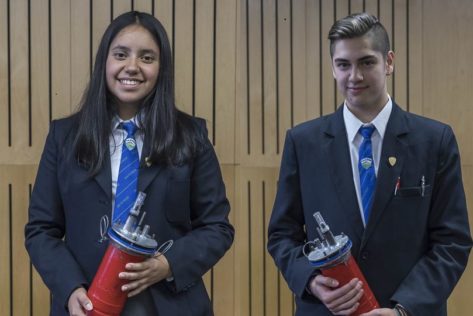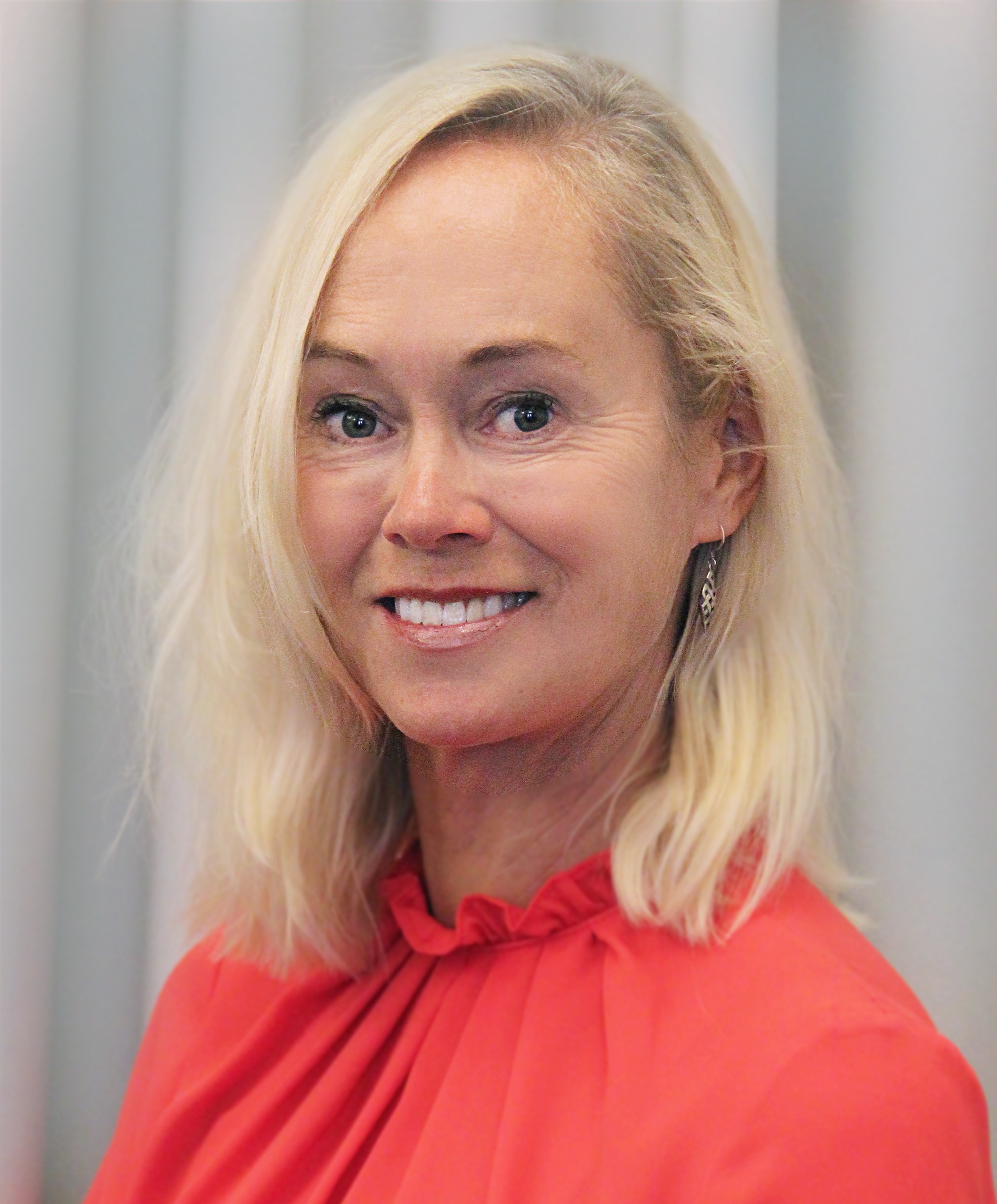PERSPECTIVES

Efficient, inexpensive technologies to monitor physical and chemical parameters in seawater can have significant commercial and scientific benefits if properly used and managed in a spirit of partnership, cooperation, and understanding. More than ever before, our oceans need sustainable solutions.
This is how I came up with the idea for this project:We are interested in finding solutions to improve the quality of life of communities that depend on marine resources for their subsistence, affected by climate change and extractive activity. Also, generate links between productive activity and the academic world through the concept of "citizen science".
General and Specific ObjectivesGeneral Objective Build an inexpensive tester probe to monitor the water column. The probe should be portable, versatile, accurate, recoverable, and enable retrieval of physical and chemical parameters such as seawater temperature in order to pinpoint areas associated with commercial marine species sensitive to it. The tester probe should also be able to accommodate sensors for conductivity, turbidity, pH, redox potential (as an indicator of chemosynthesis?), dissolved oxygen, fluorescence, and turbulence. Specific Objectives • Build a low-cost submersible tester probe designed to take accurate readings. • Build an Arduino-based electronic system designed to collect temperature data using calibrated, accurate, inexpensive sensors compatible with Arduino boards. • Store time-stamped data in real time on a micro-SD or similar storage device. • Attach LCD readout to display real-time data. • Additionally, test operation of a conductivity sensor.
Project resultsAffordable technologies such as what we devised are crucial for exploration of ocean environments. Yet, where the resulting data could be most helpful in addressing sustainability and the connection of local communities to marine ecosystems is in the livelihood activities on which so many communities depend. Our tester probe prototypes met most of the stated objectives, including reading, recording and storing data that was both reliable and accurate. Both versions were portable and easy to handle in marine environments and both were very inexpensive compared to commercial alternatives. Our prototypes could read multiple parameters thanks to a vast assortment of Arduino-compatible, commercially available sensors. Our tests further showed that conductivity sensors are fully functional under the stated conditions, and initial testing of turbidity and turbulence sensors is now underway. With this we hope to encourage others to ask new questions, formulate new hypotheses and come up with new ways of working with citizens. Artisanal fishing communities, for example, can join with students to do citizen science and democratize knowledge. Innovative, inexpensive and inspirational technologies can improve productivity, sustainability and local living conditions and ensure a new connection with the environment, especially among young people. Evaluating and validating whether inexpensive monitoring systems can be widely adopted, thereby helping promote sound fisheries management and cooperation between academia and the community, was not part of our study. Disseminating and promoting these benefits will require a long-term effort and the commitment of all concerned.

Programme manager ania.andersch@siwi.org +46 8 121 360 59